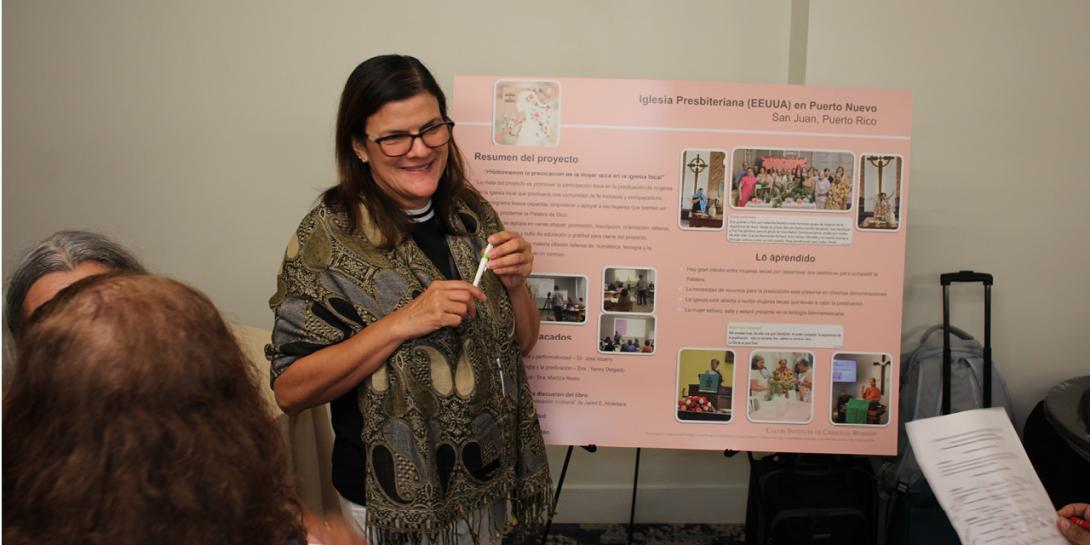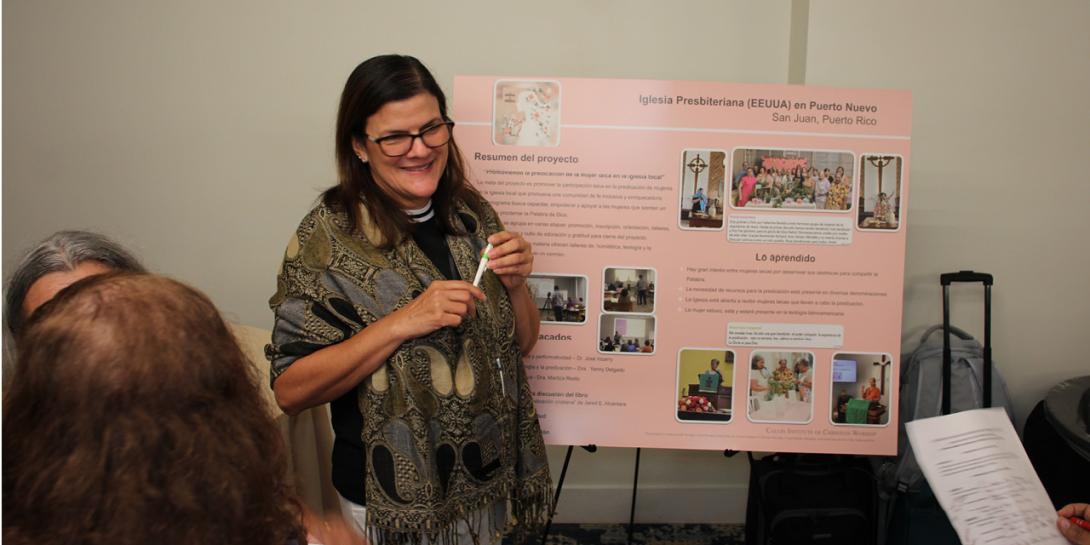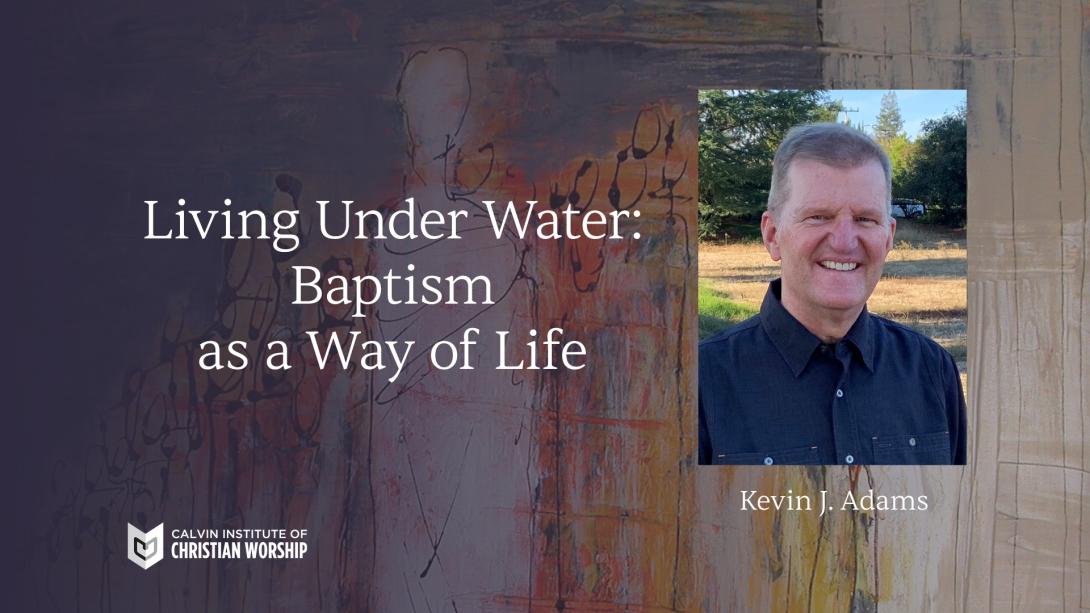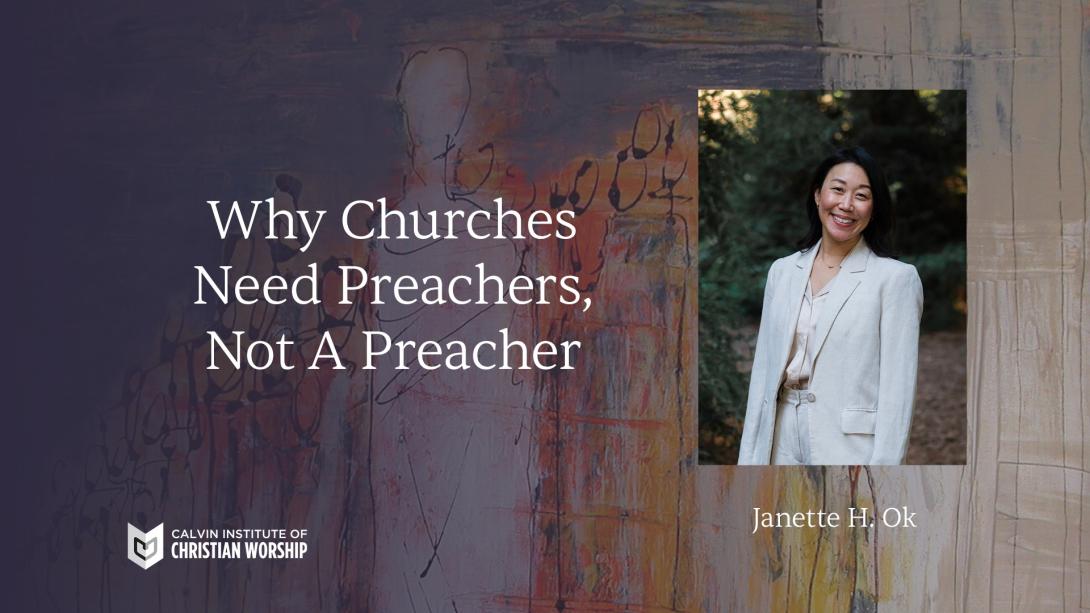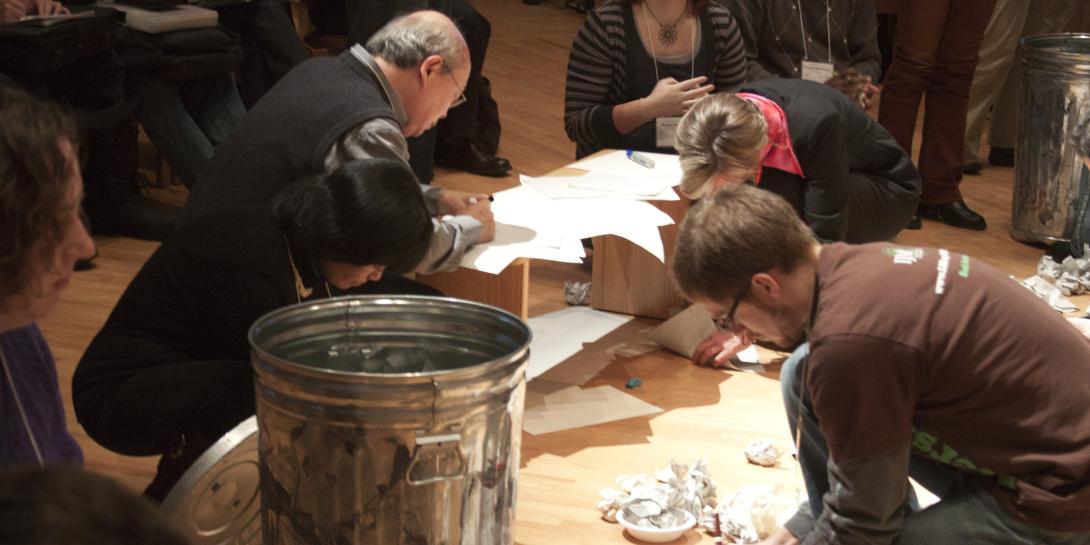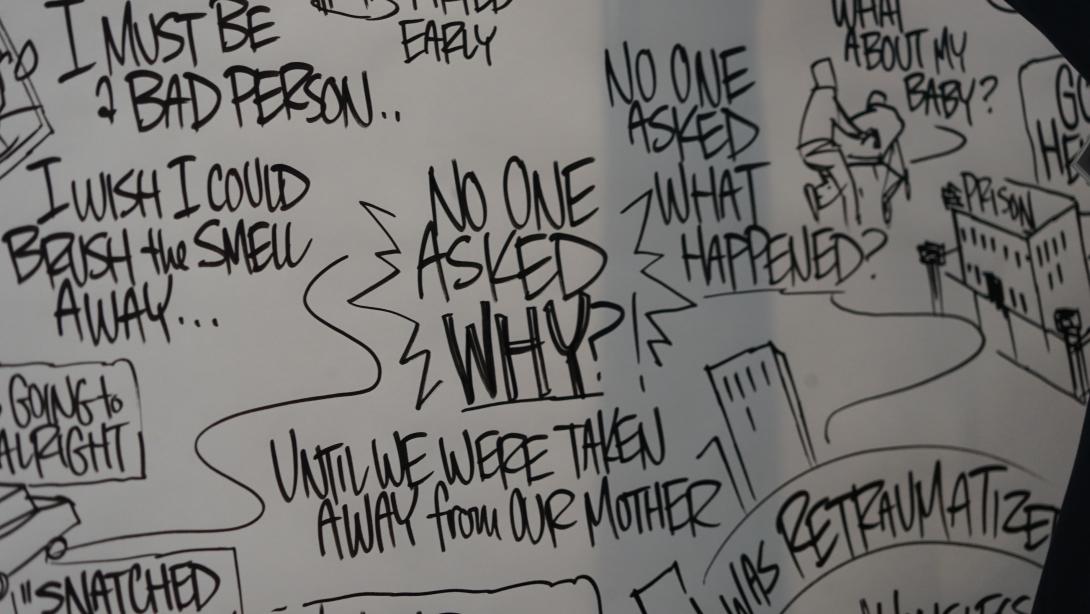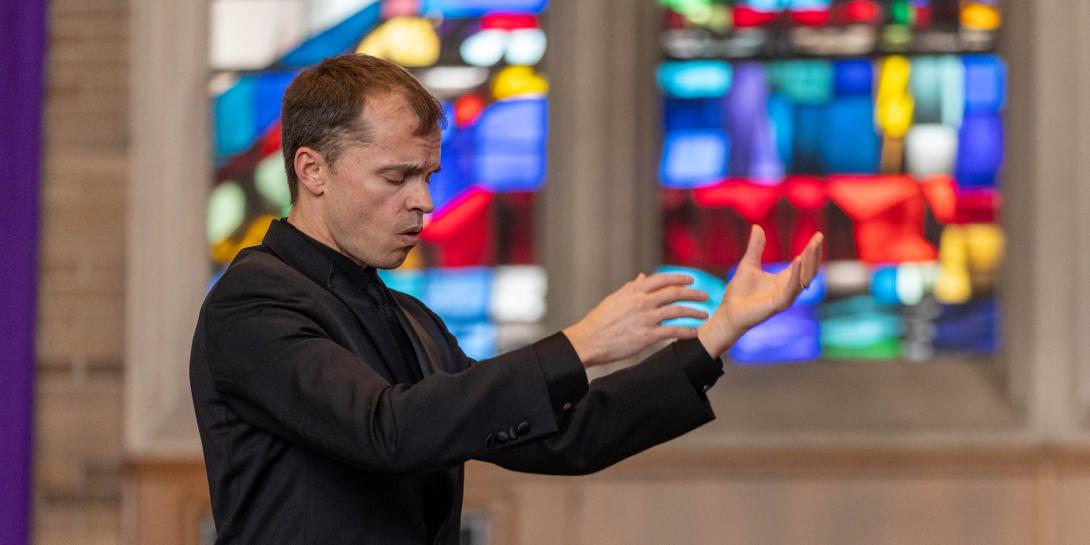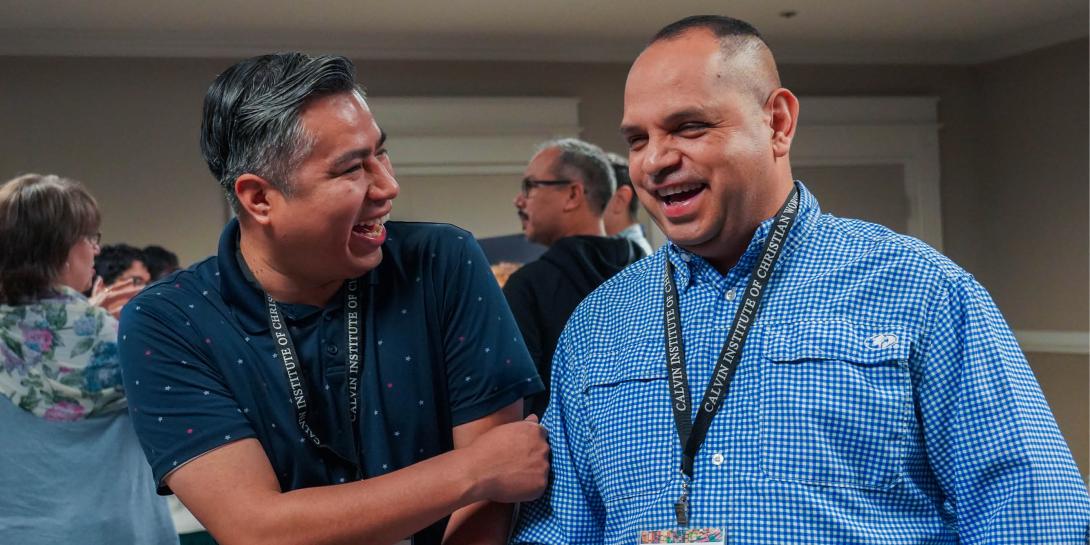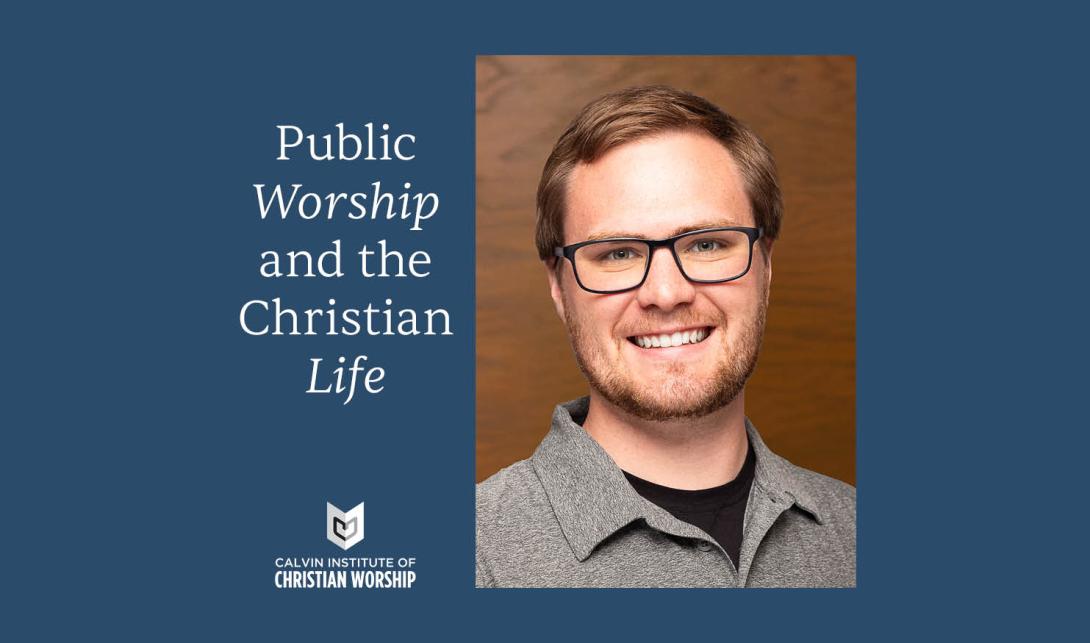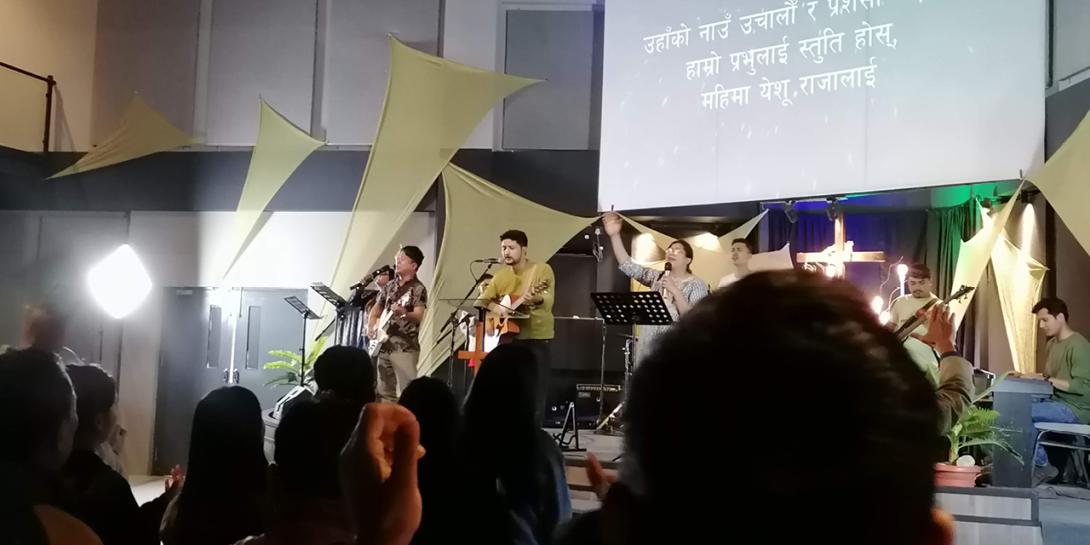Lent Resource Guide
This list of Lenten art, music, devotions, liturgies, books, and sermons will help you plan worship for Lent and includes resources for Palm Sunday, Maundy Thursday, and Good Friday.
Women at the Pulpit: A Church in Puerto Nuevo Opens Space and Breaks Silence
SAN JUAN, Puerto Rico — In the heart of Puerto Nuevo, a Presbyterian congregation has taken a bold step toward inclusion and renewal by opening the pulpit to laywomen—recognizing their calls, their voices, and their leadership in the life of the church.
Mujeres al púlpito: una iglesia que abre espacios
En el corazón de Puerto Nuevo, una comunidad de fe ha decidido dar un paso firme hacia el futuro: abrir el púlpito a las mujeres laicas, reconociendo su llamado, su voz y su liderazgo espiritual. El proyecto impulsado por la Iglesia Presbiteriana de Puerto Nuevo, en San Juan, Puerto Rico, no solo ha transformado la dinámica interna de la congregación, sino que también ha dejado huellas en otras iglesias y denominaciones de la isla.
Preaching and Soul Care (For Preachers and Their Hearers)
In a world generically “spiritual,” how does a preacher tend to the highest calling of the pastoral life: the tending of souls?
Why Churches Need Preachers, Not A Preacher
Often the task of preaching falls on the senior pastor or a few gifted speakers. However, congregations need diverse diets and voices to be nourished and equipped by the preaching of God’s word.
Sarah Travis on Worship, Playfulness, and Trauma
While completing a grant on playfulness in worship, Sarah Travis began to see connections between play and trauma. Worshiping God through embodied, imaginative, and story-based practices helps people and congregations stuck in trauma begin to move toward healing and new life.
Becoming a Trauma-Informed Faith Community
Resources to help churches and other faith communities do ministry with people affected by adverse childhood experiences or other trauma.
Mark Stover on Choral Music as Pastoral Ministry
Singing in a good choir is aesthetically satisfying. But choral directors have the opportunity to do so much more. Mark Stover explains how do pastoral ministry in and through choral ensembles. This includes choosing anthems that promote social justice in ways that express God’s wide welcome.
“The Immigrant Church Project:” A Refuge of Hope and Worship in Los Angeles
The demographic reality of California—especially Los Angeles, where most Spanish-speaking churches receive many immigrants—inspired Pastor Francisco Zamora of Modus Church and his leaders, Eunice Soriano and Barnett Quiñones, to launch the "Immigrant Church Project.”
Nathan Longfield on Embodiment, Creativity and Trauma-informed Worship
In this episode, Nathan Longfield, pastor of Emmaus Church, a newer worshiping community, talks about their year-long project that explored embodiment and trauma-informed practices to more deeply engage in worship as a congregation and community.
Being the Bridge Between Community and Church in Nepal
Higher Ground Nepal is a social enterprise that includes people from all walks of life in Nepal. Proselytizing is not allowed in Nepal, but when people see others living as the genuine presence of Christ in people’s situations, it makes a difference.
Celebrating Christian Worship with Lament in Nepal
Nepali Reformed Churches pastor Arbin Pokharel often describes worship as helping worshipers reenact their identity as God’s people. Doing so honestly means including hospitality, healing, prayer, celebration, and lament.


